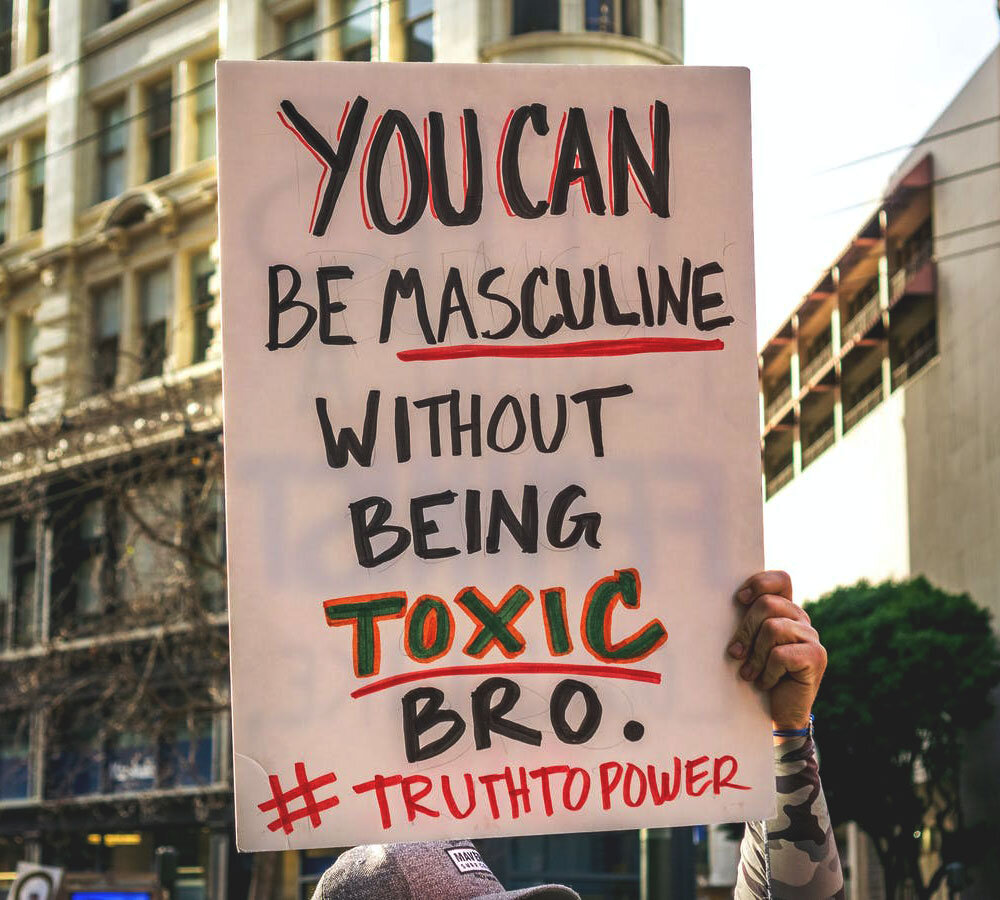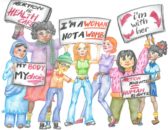Throughout our history as a species, it is not a stretch to say there has never been a point in time when men were not overwhelmingly in control of the social norms present within societies across the world.
Patriarchy as a concept describes these phenomena as a deep structural foundation on which what is considered normal is built, and coincidentally, is beneficial and advantageous to men.
When it comes to women, however, this system has provided only disadvantages throughout human history the layers of which are varied and endless to a depressing degree. The ways in which women have to struggle just to be them, the lack of respect in how their bodies are viewed, the little micro-aggressions found in the way women are talked about and talked to, are a result of social structural issues that go back centuries.
For the longest time, up until the turn of the 20th century, women outright did not have ownership of their own persons. This made life easy for men who desired them, as it meant they could pursue and treat them as they liked with no worry to how the women may have felt.
However, as we evolved as a society, so too did the belief that women have the right to equal standing within society become more prevalent and prioritized, to the point that today it’s a serious issue that is slowly being addressed. This has led to men, for the first time in our history, being required to do something they never had to do: take responsibility.
As a result, it has become a status quo where now men need to do more, to be more, in order to appeal to a woman, that it just won’t be handed to them on a silver platter. It is in a way, a loss of control, and as a result, an effort is required from the man to look within himself in order to become more appealing to a woman.
To look within yourself, see your flaws, and have the discipline and focus to self-improve does not come easy to most. When men nowadays need to do so, a lot of them often find themselves falling flat, unable to attain the affections of women, and as a result, feeling insecure about their masculinity.
One of the many facets of patriarchy is the understanding of masculinity, and what it means to be a man. At the core of this concept is the belief that a masculine man should be able to charm a woman with ease. When the men of today are unable to do so, they question their own manliness. Spread this across society where countless men struggle with being charming to women, and you have a crisis of masculinity.
So what happens once the men of today reach that point of self-reflection where they realize they are not good enough? Well, for some, it becomes a journey of self-improvement, but for most, it turns into resentment sent outwards to the only target it can hit: women.
It is so much easier to blame your problems on anything other than yourself: “It’s not that you’re unappealing, it’s that these women are superficial! They only want money! They just like attention!” This is misogynistic rhetoric propelled by men who are too afraid to look within themselves and admit they need to do more.
This is why a figure such as Andrew Tate blew up to such proportions, that legions of men live by his word as though it’s gospel. A man who presents himself as a womanizer while propelling the same disgusting rhetoric that demeans and objectifies women, letting the insecure men of the world know that it’s not their fault and that they can all be like him too; it was just the “idol” they needed to make them feel better about themselves. Unsurprisingly, Tate was recently arrested on charges of trafficking and sexual assault, among other crimes, which goes to show the values men with such ideals abide by.
This is one of the many shades of the crisis of masculinity, and to delve into all of the layers would make this article go on for far too long. The issue is complex, there are many ways it is expressed in our society, and perhaps one day I’ll get to those aspects as well.
I’ll never forget the day my father sat me down and told me that the manliest characteristics a man can have is empathy and reliability. He told me that a man is a person who treats women with the utmost respect. I’m so grateful to him as today I can comfortably say I am secure in my masculinity.
A lot of men think they need to be outright hateful towards women in order to be masculine, perhaps in a desperate attempt to cling to traditions of the past that saw men have it way too easy. The solution to their crisis of masculinity is the complete opposite.
It’s about time a lot of men engage in deep introspection, admit their flaws and grow up.



